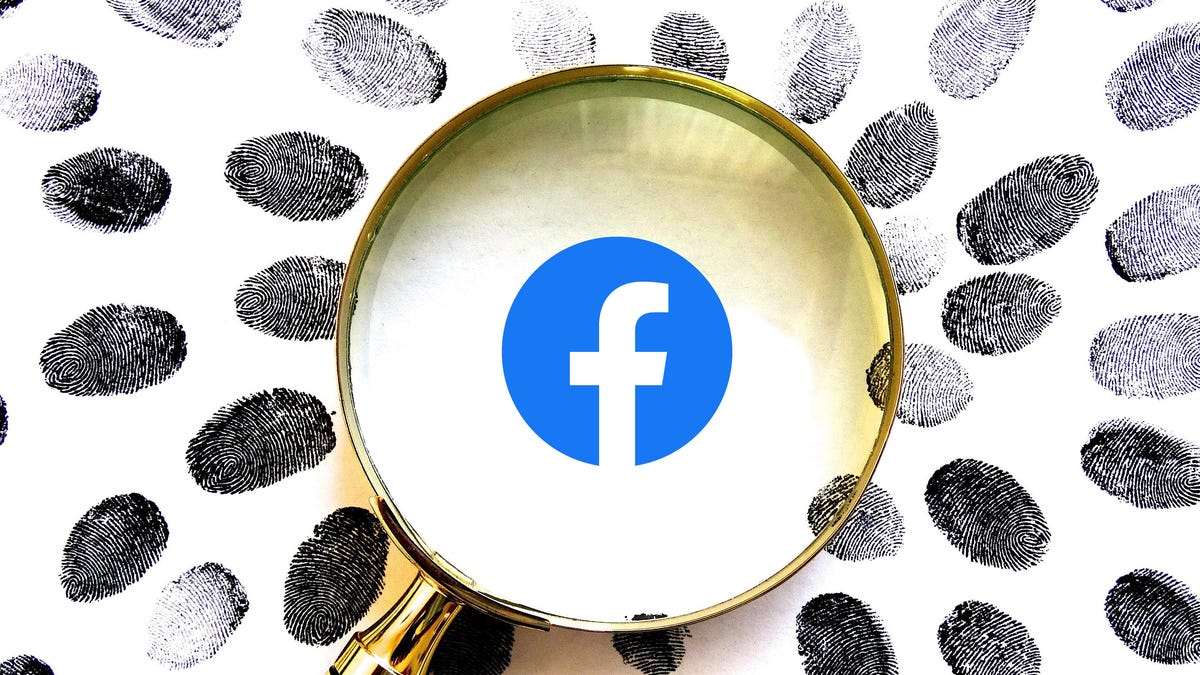Facebook's fact-checking program to reportedly exempt opinion and satire
The social network relies on third-party fact checkers to flag misinformation.

Facebook is reportedly planning to make changes to its fact-checking program.
Facebook, which partners with third-party fact-checkers to flag misinformation on the social network, is reportedly planning to exempt opinion and satire from its fact-checking program.
The Wall Street Journal, citing people familiar with the matter, also reported that publishers that get their content labeled as false by fact checkers will also be able to appeal to Facebook.
The move underscores how the world's largest social network is trying to combat misinformation as it faces allegations of political bias, which Facebook has repeatedly denied. Facebook's rules state that it doesn't remove false news, but shows it lower in the News Feed noting "There is also a fine line between false news and satire or opinion."
Fact-checkers currently get nine rating options for content that's up for review, according to Facebook's website. Satire and opinion are included in those options. Facebook, though, will only limit distribution of content that is factually inaccurate, has a false headline or includes a mix of inaccurate or accurate content that has a primary claim that is misleading or incomplete.
Some fact-checkers such as Politifact and Rappler, a news outlet in the Phillippines, raised concerns about the changes to the The Wall Street Journal arguing it could create a loophole for publishers of misinformation. At the same time, Facebook has faced criticism for some of the decisions made by fact-checkers involving anti-abortion group Live Action and the Washington Examiner.
Facebook didn't immediately respond to the request for comment.
Last week, Facebook said that it will continue to exempt politicians from its third-party fact-checking process because their speech is considered newsworthy content. But not everyone is a fan of this rule, including some of Facebook's former employees.
Dave Willner, Facebook's former head of content standards, argued in a post on the social network that could only be viewed by friends that the company shouldn't exempt politicians from its rules against hate speech and doing so was "cowardice," Wired reported on Monday.

